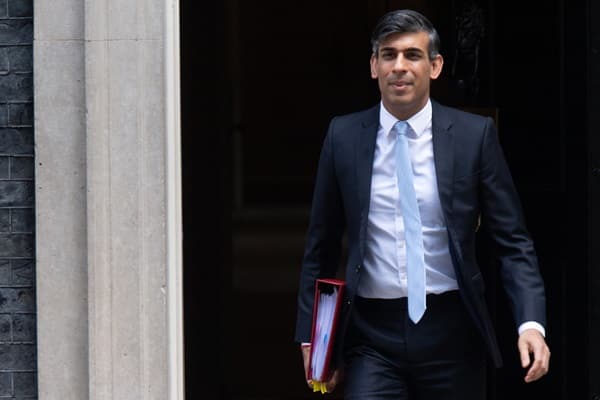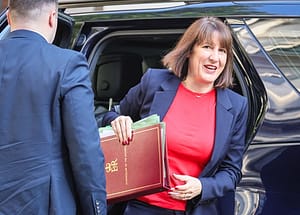On Wednesday later afternoon the Prime Minister announced there will be a general election on 4 July.
On Tuesday the International Monetary Fund (IMF) has said that the UK economy will have a “soft landing” as it is growing faster than expected.
On the back of the IMF’s announcement and inflation having fallen the Prime Minister will be using this as an attempt to win the election.
The Federation of Small Businesses has said that voters who own small businesses and those who are self employed will be looking for the party which are “pro-growth” to stimulate the economy.
National Chair of the FSB Martin McTague, said, “Small business owners and self-employed people across the country will be looking for which party puts forward the most compelling pro-growth, pro-business policies to stimulate the economy and encourage entrepreneurship.
“The hard-working voters running the UK’s 5.5 million small firms are a large and motivated section of the electorate. A further 16 million voters are employed by small businesses.
“There will be fierce competition for their votes at this election, and those competing will need a convincing plan to bring down the cost of doing business, support small businesses to grow, and create the right conditions to encourage new businesses to start up.
“As the campaign begins, each party will need to put forward a clear small business offer or manifesto.”
Karim Fatehi MBE, CEO of the London Chamber of Commerce and Industry (LCCI), said, “With a short election campaign about to begin, our political parties need to focus on what matters most to businesses – the key drivers of our economy.
“London’s business community calls on the political parties to prioritise the issues that are hindering growth, such as skills shortages, an unfair business rates system, infrastructure planning and high crime rates.
“London’s success is the UK’s success – and policy makers must recognise that when London’s businesses succeed, the whole country prospers.
“We look forward to engaging with the political parties to ensure the concerns of businesses are heard and to develop a long-term strategic plan to ensure the best possible operating conditions to unlock productivity and economic growth.”






Leave a Comment